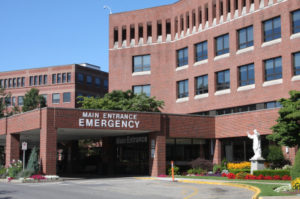MACPAC Not Yet Sold on Continuing Medicaid Primary Care Pay Increase
The independent federal agency that advises Congress on Medicaid and the Children’s Health Insurance Program is not ready to endorse continuing the Affordable Care Act’s two-year increase in Medicaid primary care fees as a means of encouraging more doctors to serve Medicaid patients.
At its October 30-31 public meeting in Washington, D.C., the staff of the Medicaid and Children’s Health Insurance Program Payment and Access Commission (MACPAC) reported that it has begun looking into the effectiveness of the temporary pay increase in persuading more doctors to care for Medicaid recipients. Among its preliminary findings are that
- The payment increase had at best, a modest effect on provider participation according to states and MCOs
- Most states reported that the provision had no effect on the use of primary care services
Consequently, MACPAC did not offer any recommendations on this issue at the public meeting and intends to continue studying the impact of enhanced Medicaid primary care fees on physician willingness to serve Medicaid patients.
For the two years ending on December 31, 2014, the federal government has paid for 100 percent of the fee increases. Some states have already decided to continue making the enhanced payments at their own expense, some will make enhanced payments but not necessarily at the level authorized by the Affordable Care Act, and some intend to restore the payments to their previous levels.
 Pennsylvania plans to return its Medicaid primary care fee-for-service rates to their 2012 level.
Pennsylvania plans to return its Medicaid primary care fee-for-service rates to their 2012 level.
The MACPAC presentation on Medicaid primary care physician payments can be found here.








